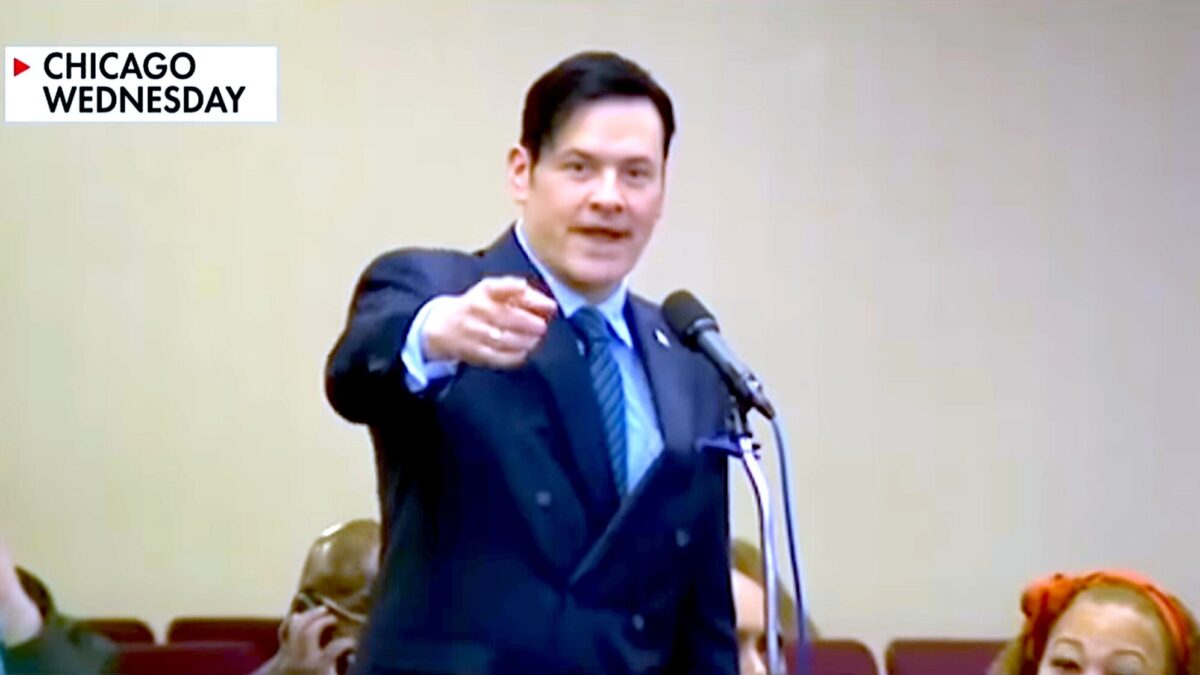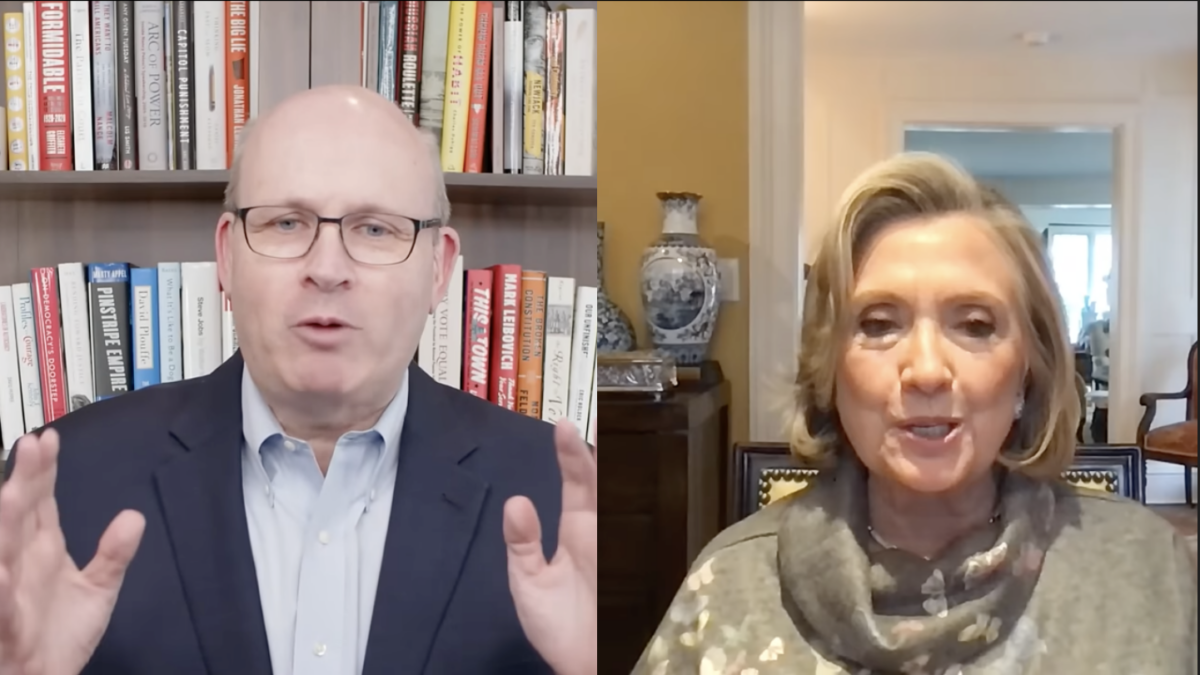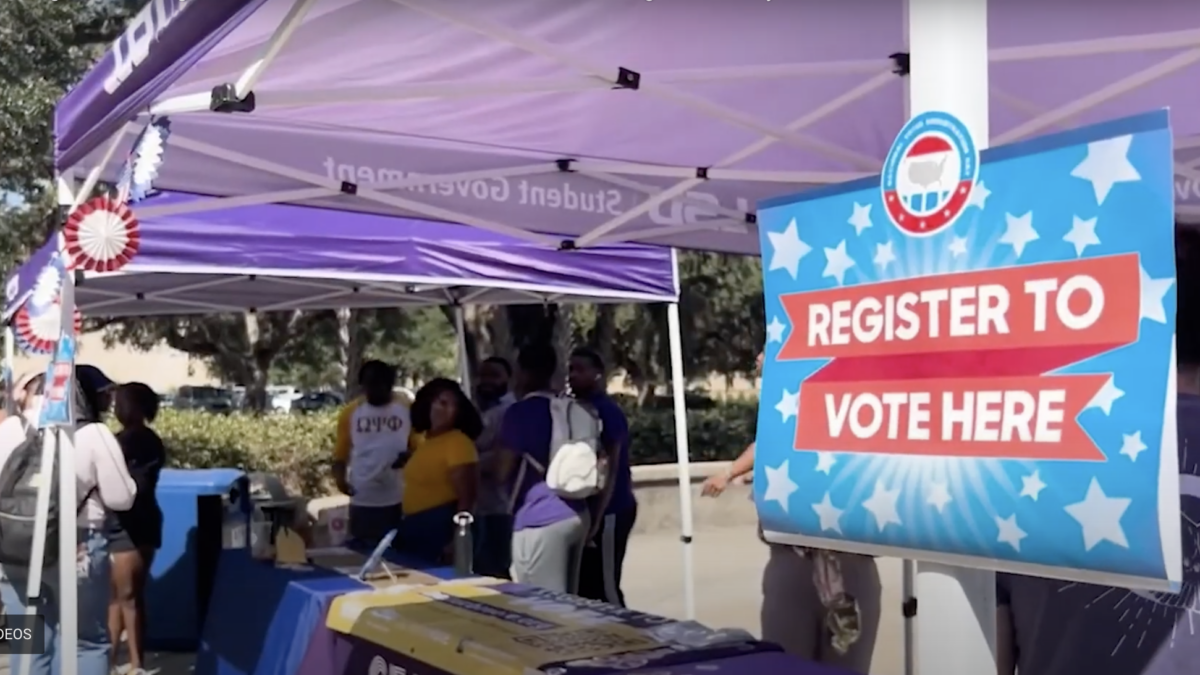Chicago Journalist William Kelly was channeling every Chicagoan who was forced to live under the tyranny of Chicago Mayor Lori Lightfoot when he ripped into the failed soon-to-be former mayor on Wednesday.
“You shut down our schools, you shut down the churches, you shut down the businesses,” said Kelly, referring to Lightfoot’s authoritarian and unscientific Covid edicts.
“You did the one thing that I thought could never happen,” he continued. “As someone who was born and raised on the south side of Chicago, I never thought in my life that I would ever see the city of Chicago brought down so low as you have managed to bring it down. Shame on you. That is a legacy that you are going to have to carry.”
Last year, Lightfoot personally revoked Kelly’s press credentials because he dared to ask her real questions. “I feel like this is more like a victim impact statement than an actual public comment,” said Kelly during the city council meeting. “What you’ve done to me is nothing compared to what you’ve done to my city, the city of Chicago, the city that I was born and raised in, the city that I love with all my heart.”
“I hope that after today’s city council meeting, you will pack your suitcase and get the hell out of my city,” said Kelly, adding, “You are a pandemic,” before walking away.
Kelly, of course, isn’t the only member of the press that Lightfoot targeted. In her attempt to avoid accountability, Lightfoot infamously declared in 2021 that she would deny all sit-down interviews with white journalists. She also restricted public records by denying access to documents requested through Freedom of Information Act filings.
Not only did Lightfoot stonewall the press, but she also stonewalled the people. After a string of violent armed robberies terrorized the Hispanic tamales vendors of Chicago’s Little Village, Lightfoot refused to take responsibility. In a true “let them eat cake” moment, she ignored the city’s violent crime problem and instead told vendors to go cashless.
The Federalist spoke with the victimized vendors, who all said that going cashless was not possible because their customers (many of whom are illegal migrants) operate on a cash-only basis.
“They came with a machine gun and pointed it at my head,” one tamale vendor told The Federalist. The vendor, who wished to remain anonymous for her own safety, was robbed at least four times in two months and struggled to pay rent thanks to the traumatizing thefts that Lightfoot refused to address.
The Hispanic residents in Little Village aren’t the only victims of Lori Lightfoot’s failed leadership. Before the election, Lightfoot claimed that crime under her leadership decreased. The Federalist went to some of the most dangerous neighborhoods in Chicago, which are populated by a majority of black residents, and asked if that was true. Not one of the black Chicagoans we interviewed said that they felt safer since Lori Lightfoot’s election in 2019, and many said crime was noticeably worse since she took office.
When Black Lives Matter rioters terrorized Chicagoans and torched the city during the “summer of love,” Lightfoot publicly sympathized with the looters and vandals. Meanwhile, as businesses and homes were destroyed throughout the city, Lightfoot banned protesters from demonstrating on her block, claiming she had “a right to make sure that my home is secure.”
Residents interviewed by The Federalist in Chicago’s worst neighborhoods expressed a desire for more police presence and action, but that’s been made difficult by Lightfoot, who mandated that all Chicago officers take the ineffective and experimental Covid vaccine. Many members of law enforcement subsequently quit or retired early rather than take the vaccine. That, coupled with the increased violence and overall crime, sparked a massive police shortage throughout the city.
In her acceptance speech in 2019, Lightfoot applauded herself as “Chicago’s first black woman and first openly gay mayor,” and she promised that “Black and brown kids, low-income kids” in Chicago would finally have the opportunities to pursue their dreams.
Instead, Lightfoot spent four years killing dreams. Those hurt the worst in her crime-infested city, which saw a homicide spike of 40 percent since her election, were undeniably black and brown, low-income people, like the ones interviewed by The Federalist.
The Chicago Tribune estimated in 2020 that around 2,400 Chicago businesses closed their doors forever thanks to Lightfoot’s draconian Covid decrees, which we now know not only killed business but were ineffective at combating Covid.
Lightfoot didn’t stop at waging war on economic opportunity in Chicago, she also targeted educational opportunity. Tens of thousands of Chicago students went missing from their virtual classrooms after the schools were forced to close, and many are still missing today. On average, high school dropouts have higher unemployment rates, lower salaries, and lower life expectancies than their high school graduate counterparts. The damage done by school closures will be felt for decades to come by those who fell behind and those who will likely never graduate high school.
As Kelly said, Lightfoot irreparably damaged Chicago, and her loss is a win for the city. However, her ouster will not fix all of Chicago’s problems. Last week, Illinois Gov. J.B. Pritzker signed a law mandating paid time off for millions of employees across the state, making no exceptions for small businesses that cannot afford to do so. He also recently implemented the “Safety Act” (colloquially known as the “purge law”), which tacitly encourages crime in the state through a number of measures like the elimination of cash bail. And we can’t forget George Soros-backed Cook County District Attorney Kim Foxx’s catch-and-release policies, which are a huge contributing factor to why Chicago is arguably more dangerous than wartime Iraq and Afghanistan.
Indeed, Chicago has a lot of work to do and a lot of people to throw out of office before it can begin to thrive, but kicking Lori Lightfoot the hell out of office is a great place to start.







